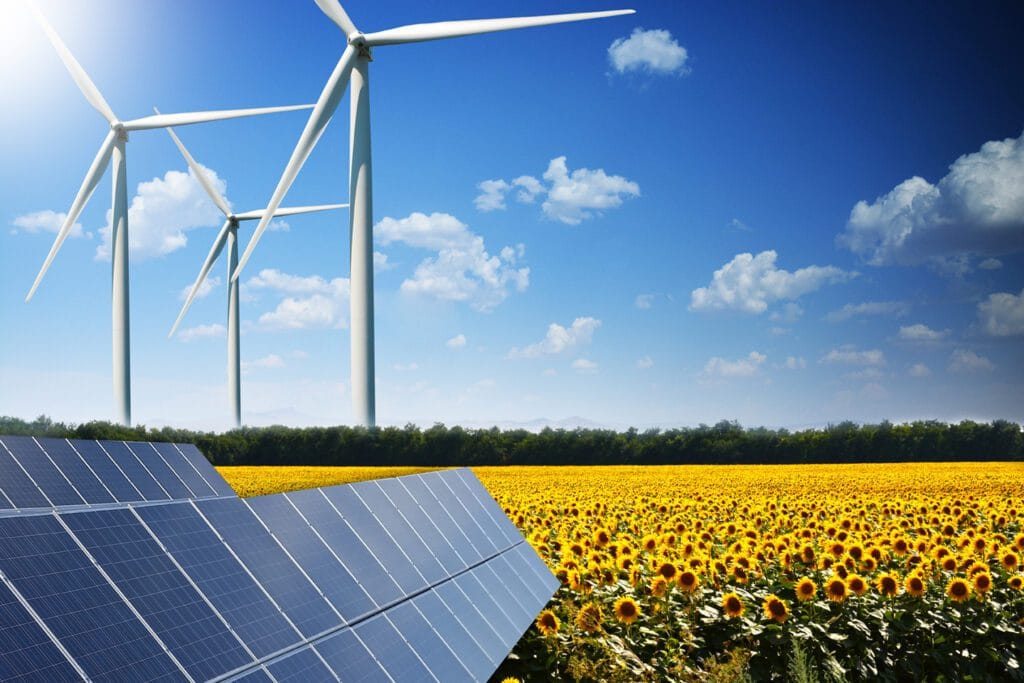With renewable electricity accounting for 27% of the energy mix, energy dependence reduced to 12.9%, and a significant reduction in CO2 emissions, Morocco continues to strengthen its energy independence and assert its regional leadership in energy transition.
In 2024, the Kingdom continued its efforts to address climate and economic challenges, focusing on strategic planning and targeted investments. The commissioning of new renewable energy projects and the modernization of electrical infrastructures illustrate this ambition. According to Professor Amin Bennouna, an energy expert, “the share of renewable energies in national electricity production reached 27% in 2024, or about 11,600 GWh, with a predominance of wind (82%) and solar (15%).” This gradual evolution, initiated in 2022, reflects Morocco’s desire to integrate more clean and sustainable energy sources into its energy system.
However, the development of renewable energies involves challenges, particularly in terms of managing intermittency. To address this, Morocco is relying on Pumped Storage Power Stations (PSPS). These infrastructures allow for the storage of excess electricity and its reinjection during periods of high demand, playing a key role in stabilizing the grid. The commissioning of the Abdelmoumen PSPS (350 MW) brings the total storage capacity to 814 MW, with a project underway in El Menzel that is expected to add an additional 300 to 400 MW.
As part of this dynamic, an investment plan of 30 billion dirhams has been announced to modernize the national electrical grid by 2030. For the first time, the private sector will be called upon to contribute to this funding, thus optimizing energy flows between different regions of the country and preserving public resources for other national priorities.
One of the most notable outcomes of this transition is the decrease in greenhouse gas emission intensity, which now stands at 620 g CO2/kWh. This improvement benefits Moroccan exporting companies, allowing them to avoid the carbon tax imposed by the European Union, while enhancing the country’s ecological footprint and supporting the development of the electric vehicle market.
Thus, through its constant advancements, Morocco demonstrates that a successful energy transition is not only feasible but also beneficial for its economic and environmental development.


